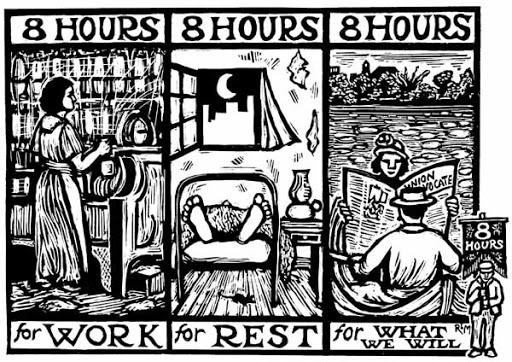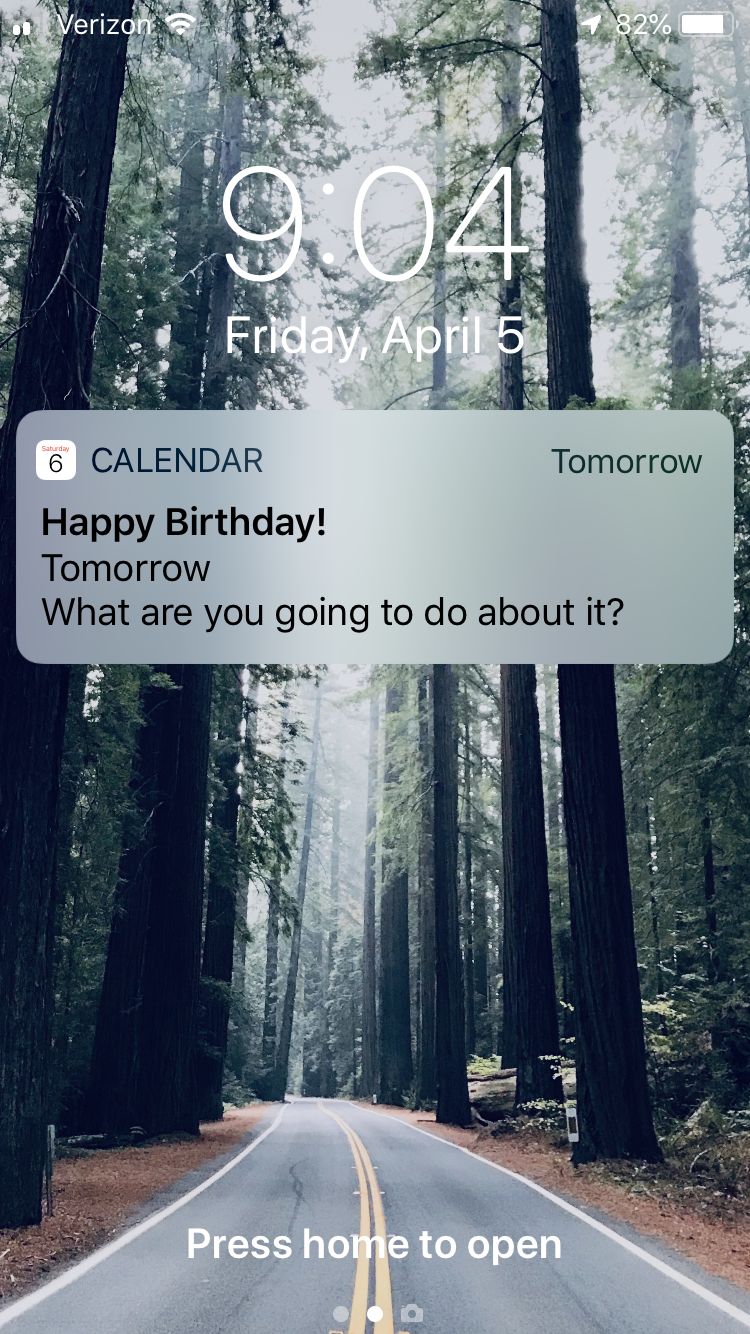There are two things professional coaches must do. From the broad array of coaching “best practices” there are two things that matter above all. I have come to this conclusion from my own experience as a professional coach, through my leadership of an internal coaching program, through my conversations with other coaches and through dialogue with organizational leaders who have hired professional coaches to support high-potential professionals in corporate development initiatives.
Coaches who want to have impact, preserve integrity and be a catalyst for learning and change must, must, must do the following: follow the emotion and challenge with candor.
Follow the emotion like a bloodhound, relentlessly calling out and coming back to the part that is often hardest to express. Rational thought is clean, precise, thorough and often highly defensive. It’s useful, but only to a point. And then it becomes a hiding place. Emotions are messy, confusing, frustrating, scary and radically developmental. Coaches serving their clients in a powerful way recognize this and understand that inside the emotional content of the conversation is where the best work gets done. Staying in the emotion forces us to let down our defensive constructs and dwell out in the vulnerable open – no wonder we don’t want to go there. And, yet, in the context of a safe and powerful coaching relationship, it is a place we can visit with increasing confidence, expanding our ability to really feel the hard feelings and to increase our options for how to use those feelings as fuel for the creation of our better future.
Challenging with candor is the essence of coaching integrity. I have heard so many examples recently of coaches playing it safe, failing to offer the candor, challenge and supportive confrontation required to help a client face their own reality. Coming from an organizational perspective as I do, it seems that coaches often find themselves trapped in the organizational dynamic – a painful lack of candor – instead of being an antidote to that reality by offering a refreshing dose of the same. There are too many stories of coaches backing off at the moment of truth, fearful that they will alienate their client, risking their contract, their reputation or both. Trust me on this one because I’ve been there, coaching from fear, from the need to be liked, admired, needed. What gets left unsaid is the stuff that always gets left unsaid. Nobody needs a coach for that.
Even the best of organizations suffer from stultifying hierarchies and homogeneous mediocrity, waiting for leaders to break free and forge new opportunities for creative expression and meaningful participation in the work. In that context, people are desperate for real conversation and real feedback. Coaches have a sacred opportunity to play that role and when we miss we rob ourselves of even greater credibility, opportunity and impact. We may conveniently and subtly convince ourselves otherwise but committed clients want the opportunity to explore the emotional landscape and they want authentic reactions to how they show-up. They want this because they know that achieving their goals requires hard work on many levels. And they invest themselves in coaching because they have come to understand that development always happens in relationship, and the more truthful the relationship the more growth that can happen.
My own experience tells me that the coaches who are most likely to follow the emotion and challenge with candor are the coaches who are willing to be the best clients. They are the ones who are deeply committed to their own learning and who provide themselves with the best, most challenging venues for their development. It’s really pretty simple: if the coach doesn’t have access to their own emotional terrain they won’t be able to help anyone else get there. If the coach is unwilling to be challenged or confronted, there’s no chance they will confront or challenge anyone else.
© 2010 David Berry



